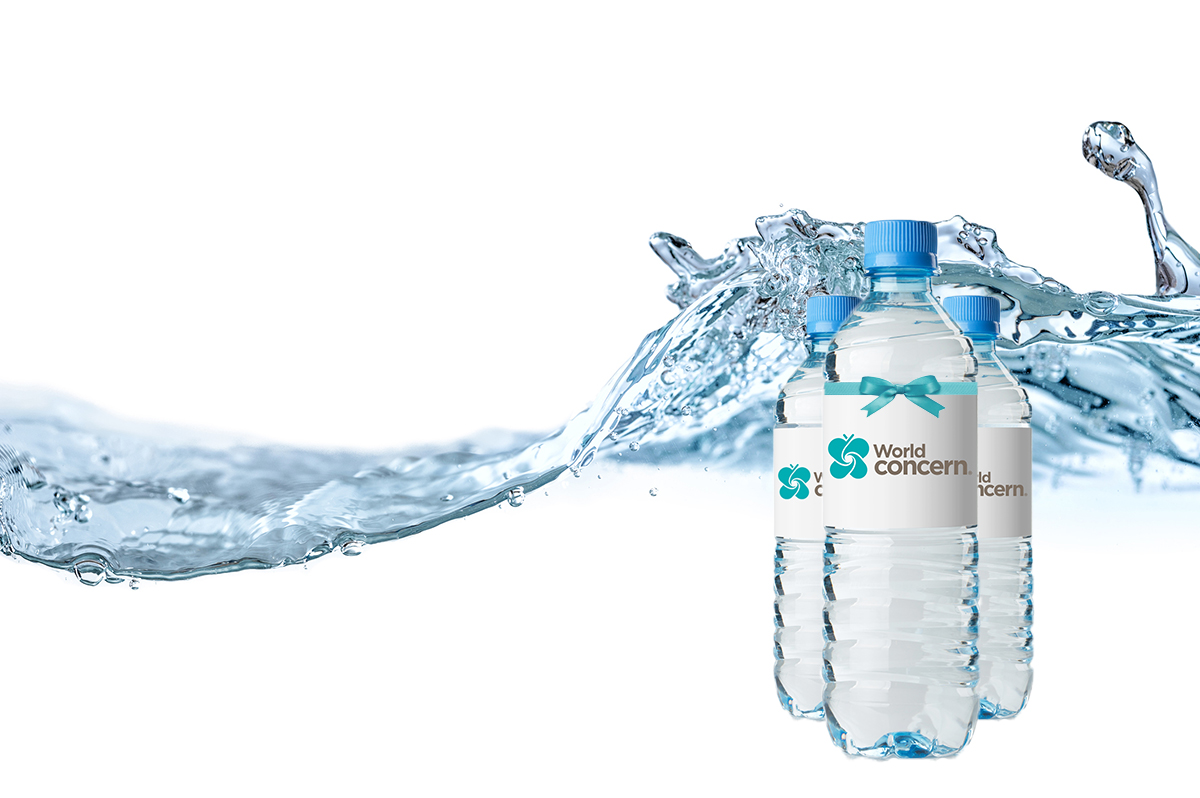It’s a fluid situation.
We take water for granted. Why shouldn’t we? It’s everywhere. It covers approximately 71 percent of the earth’s surface and makes up about 60 percent of our bodies.
We are literally bodies of water. It’s our very being.
But according to the international non-profit World Concern, an estimated five million people die of as a result of diseases tied to dangerous drinking water, unsanitary conditions, even the lack of water – two million from diarrhea alone.
Surrounding those five million dead, an estimated two billion people use water contaminated with feces, harmful bacteria, or both.
That’s their reality. Their truth is clean water is NOT everywhere.
Most of us have access to plenty of clean water for day-to-day life. We cook, clean, and bathe with it. We play in it. It protects us in many forms – from dishwashing and humidification to medicines and firefighting. It hydrates us through drink, and feeds us in nourishing the foods we grow. Water provides worldwide routes of commerce for shipping and the seafood industry; it makes up the most popular attractions for entertainment, recreation, tourism and sport.
We die in it, fight wars over it, lose property to it, and build fortunes upon it. But for as many humans who drown in water, many more die because of a lack of it. Worldwide we lose, on average, 360,000 people to unintentional drownings.
Five million die as a result of a lack of water. That’s 5,000,000. On a planet covered with it.
The absence of clean water proves deadly, daily, in places like sub-Saharan Africa where 40 percent of people lack access to it.
We turn a tap and out flows the clean life-sustaining fluid which we drink. In places like the country of Chad, people walk miles to dig a hole several feet deep in the hopes to find dirty, bacteria-laden, muddy water. Which THEY drink.
In a world so vastly comprised of the wet stuff, the surprise isn’t so much the supply, or even demand, according to scholars. It’s distribution. Getting it there. Economics. Emerging from a cycle of poverty and disease caused by a lack of ACCESS to clean water is key. Much like watering a plant – it will only grow if it has long-term access to moisture.
And THAT’S where the solutions lie.
Enter organizations like World Concern, which lifts up less fortunate populations up by building access to what they already have. A sub-Saharan country like Chad actually has water in the ground and sky, but finding it, accessing it, cleaning it, and preventing pollution of it is World Concern’s forte. The non-profit provides materials and knowledge to build wells, and rainwater water harvesting, filtration, and sanitation systems so communities can focus on other things – like building schools, hiring teachers, and irrigating crops – establishing an economy.
Replacing a community’s cycle of poverty and disease with a cycle of health and sustenance means its people can prosper and enjoy life, instead of fighting to simply survive. Success will flow to communities around them.
That’s a fluid situation you can take for granted. Donate here.
